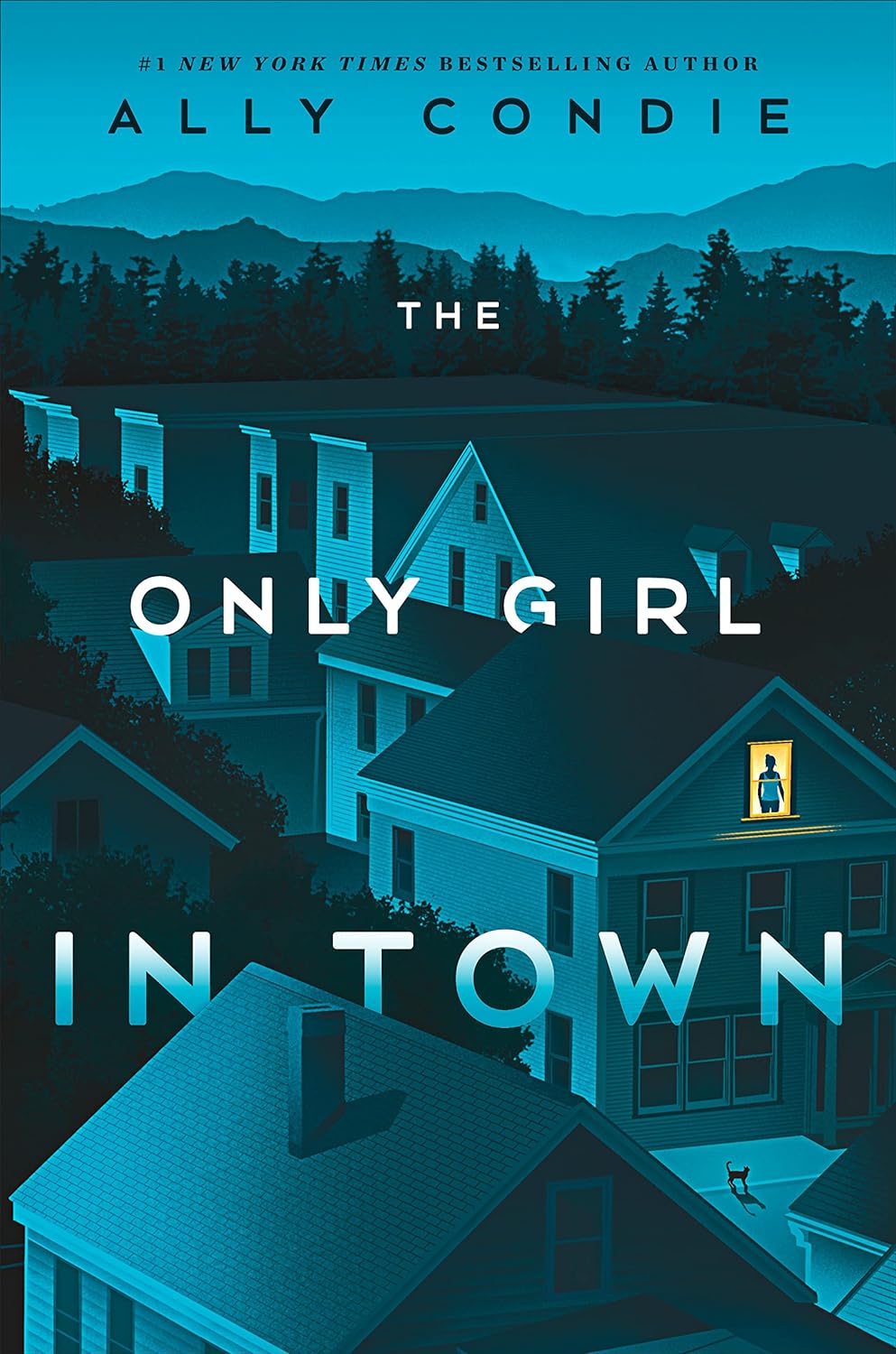The Only Girl in Town
Exciting Premise that Ultimately Fails to Deliver
Gretchen Picklesimer Kinney

When July Fielding discovers everyone else in her town has disappeared, she doesn’t believe it at first. But every human, insect, and animal (except her cat, Yolo) is gone. And, try as she might to escape, July is trapped in town. She has to retrace the events from her past to understand why this is happening and, more importantly, how to bring everyone back.
But as she investigates, July makes a frightening discovery: she might not be alone after all.
A story of mental health, mistakes, and recovery, The Only Girl in Town examines the importance of human connection, even if sometimes we hurt each other.
Mixed Feelings about this story
I thought the story’s premise was very intriguing—the mystery hooked me into the story and I couldn’t put the book down. I loved the combination of different forms of writing (free verse poems, therapy appointments, text messages, menus) as well as the mix of past and present tense. I enjoyed being in July’s head, and I felt like the subtle hints about her past were introduced into the narrative effectively. The side characters also felt very real and fleshed out.
The scenes felt very vivid, and the imagery was beautiful. The transitions between chapters felt surprising but natural, almost like following someone’s train of thought.
My main problem is that the narrative does a wonderful job of building up so many storylines and mysteries, but the ending just falls flat.
Wait…what just happened?
No spoilers here, but the ending was confusing at best and a bait-and-switch at worst. Honestly, it felt like the author didn’t know where the story was supposed to end up when she started writing. The first three-quarters of the novel teases so many plotlines and mysteries that are just…brushed aside at the end. Throughout the story, the tension builds and builds, and it all culminates in…absolutely nothing. The flashbacks hint that July is supposed to feel extremely guilty and depressed over something, and while we do finally get an explanation (sort of?), it doesn’t seem like what actually happens to July is enough to justify her extremely deteriorated mental state. (Not to say that what actually happens to her isn’t traumatic, but there’s a gap about why it hurts so much for her.) As a reader, I felt like the ending made the connection I had built with July as a character completely worthless. I spent the whole novel yearning to better understand her character, but then the explanation she gives seems to contradict everything we learned about her.
I think the ending was supposed to be metaphorical, but it didn’t ring as true to me as the rest of the narrative did. The first ninety percent of the narrative propelled me through the story (and made me think about my place in the world), but during the final ten percent, all I could think was, “Wait, what just happened? Did I miss something?” and “That’s it?” As a reader, I felt cheated. The prose was beautiful, the characters were complex, and the plot was suspenseful, but the ending didn’t seem to deliver on the promises the narrative made.
Should I bother reading it?
Overall, I felt disappointed by this book. The narrative does beautiful things at the chapter and sentence level, but it fails to coalesce into a unified whole. I’m glad I read it, but I think I’ll be happier imagining my own ending to the story. I think you would enjoy this book if you’re interested in lyrical imagery and metaphor more so than mystery and suspense.
**